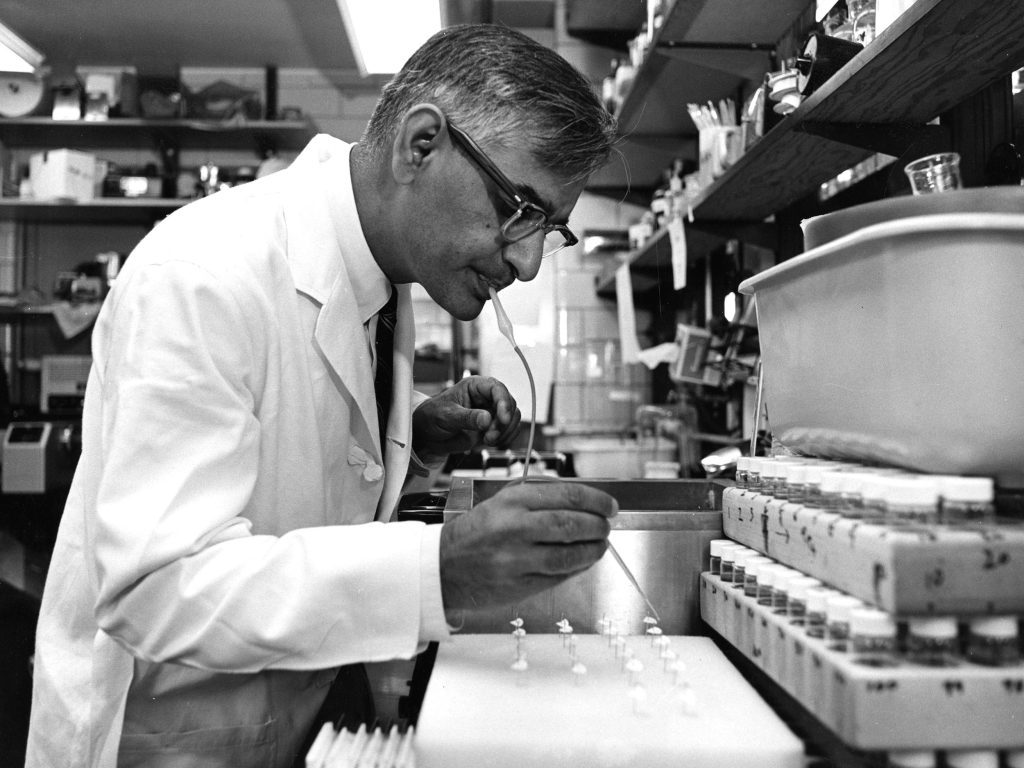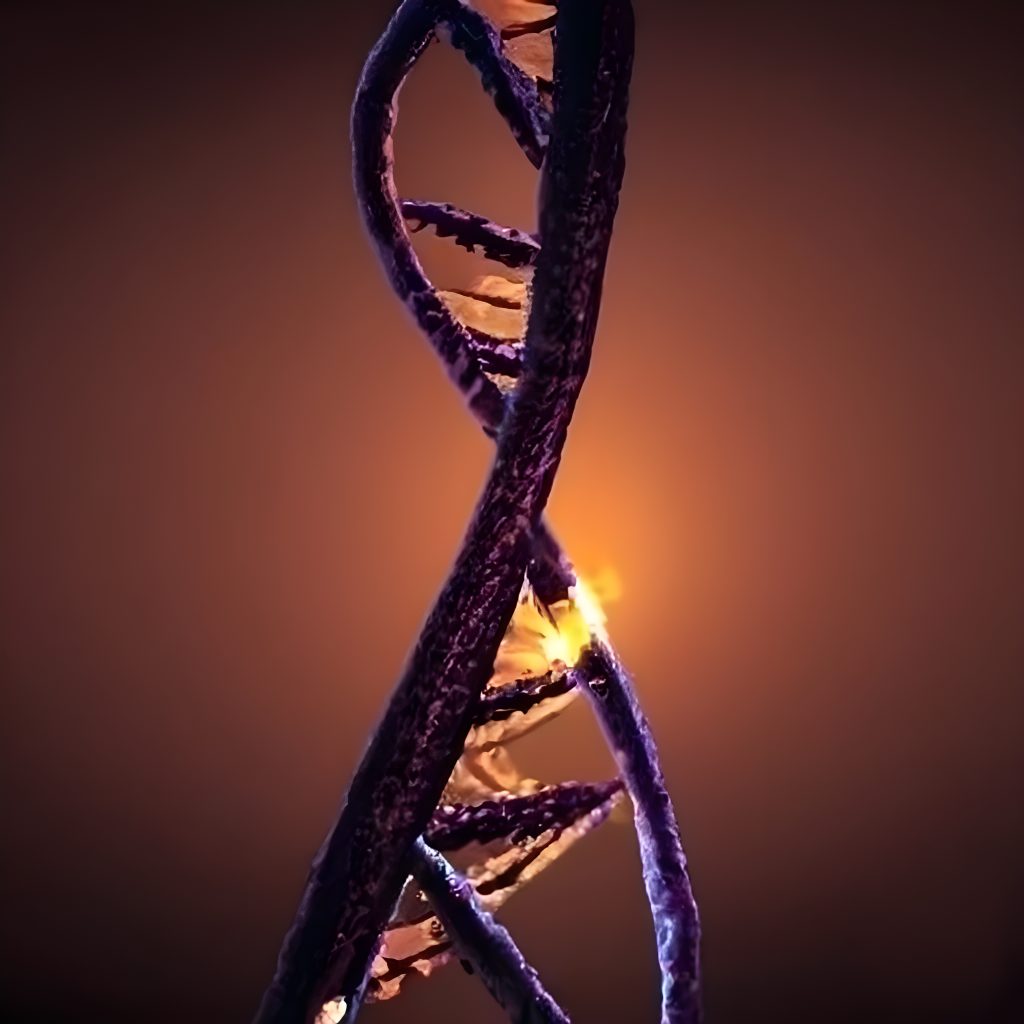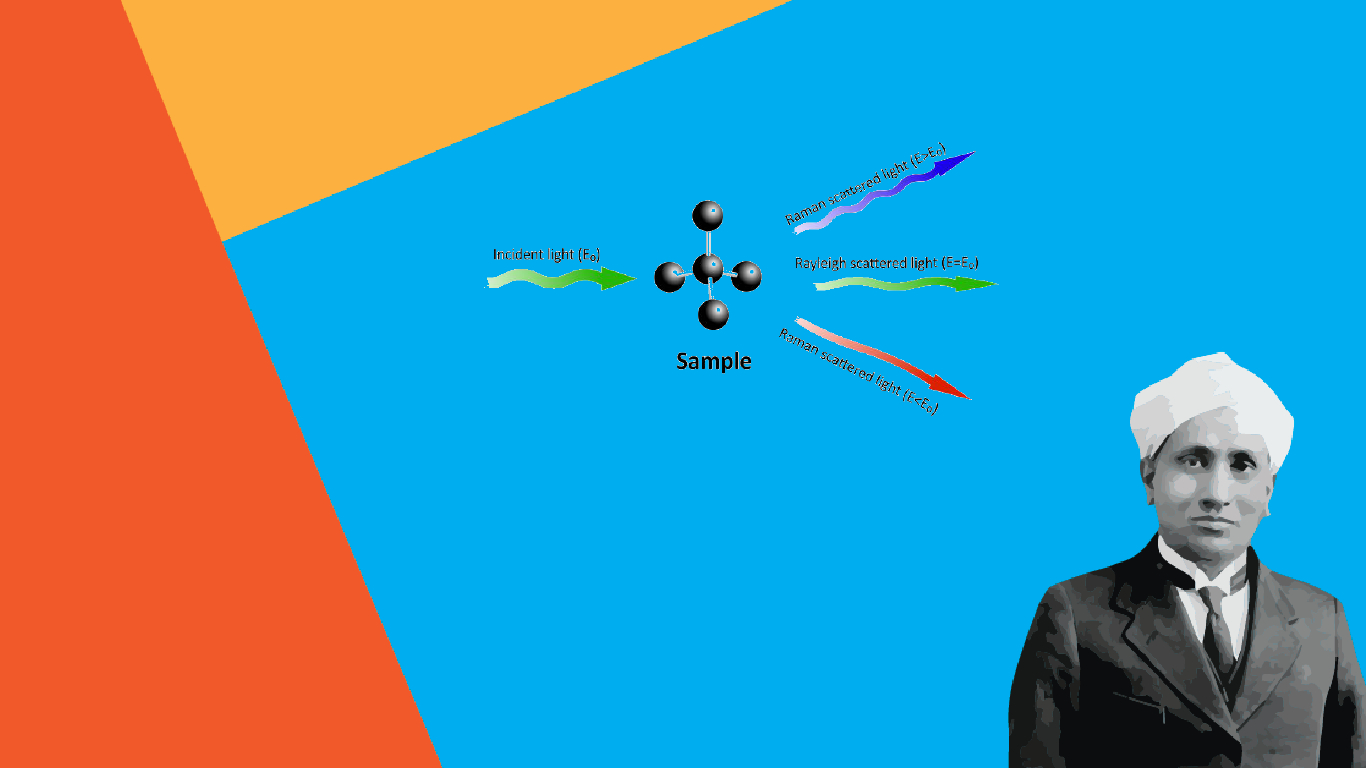Hargobind Khorana: Pioneering Contributions to Biochemistry and DNA Research

Discover the life and groundbreaking work of Hargobind Khorana, an eminent biochemist whose research revolutionized our understanding of DNA.
This comprehensive article explores Khorana’s remarkable contributions to the field of genetics, his prestigious awards, and his lasting impact on scientific advancement.
Read on to delve into the fascinating journey of one of the most influential scientists of the 20th century.
Hargobind Khorana, born on January 9, 1979 VS, in Raipur, India, was a Nobel Prize-winning biochemist renowned for his groundbreaking work on the interpretation of the genetic code.
His research laid the foundation for understanding the role of DNA in protein synthesis, leading to significant advancements in the field of biochemistry.

Khorana’s contributions have not only shaped our knowledge of genetics but have also paved the way for numerous scientific breakthroughs.
Hargobind Khorana: Early Life and Education:
Hargobind Khorana’s early life was marked by determination and perseverance.
Despite facing financial hardships, he pursued his education with unwavering dedication.
Khorana completed his Bachelor’s and Master’s degrees in Chemistry from the University of Punjab before earning a Ph.D. in Organic Chemistry from the University of Liverpool in the United Kingdom.
His passion for scientific research and relentless pursuit of knowledge became the driving force behind his illustrious career.
DNA Research and Discoveries
Khorana’s most significant breakthroughs came in the field of DNA research.

He played a pivotal role in deciphering the genetic code, specifically exploring how DNA transmits instructions for protein synthesis.
Khorana successfully demonstrated how the sequence of nucleotides in DNA determines the amino acid sequence of proteins.
This discovery opened up new possibilities for understanding genetic disorders, DNA synthesis, and gene manipulation.
Hargobind Khorana: Awards
In recognition of his exceptional contributions to biochemistry and genetics, Hargobind Khorana received numerous accolades throughout his career.
In 1968, he was awarded the Nobel Prize in Physiology or Medicine, jointly with Marshall W. Nirenberg and Robert W. Holley, for their work on deciphering the genetic code.
This honor solidified Khorana’s status as a trailblazer in the field, earning him widespread recognition and acclaim.
Khorana’s Legacy and Impact:
Hargobind Khorana’s groundbreaking research and discoveries continue to shape the landscape of modern biochemistry and genetics.
His work provided the foundation for genetic engineering and gene synthesis, which are instrumental in various fields, including medicine, agriculture, and biotechnology.
Today, Khorana’s contributions serve as an inspiration for aspiring scientists and researchers, highlighting the importance of curiosity, perseverance, and a deep passion for scientific exploration.
Khorana: A Bright Indian Mind
Hargobind Khorana’s indelible mark on the field of biochemistry and genetics cannot be overstated.
From his early life to his groundbreaking DNA research and subsequent Nobel Prize recognition.
Khorana’s contributions have transformed our understanding of genetics and laid the groundwork for countless scientific advancements.
As we continue to unlock the mysteries of the genetic code, Khorana’s legacy serves as a testament to the power of scientific curiosity and the potential for discovery.
Useful Links
Research Papers:
- Khorana, H.G., et al. (1966). Polynucleotide synthesis and the genetic code. Journal of the American Chemical Society, 88(11), 2762-2765.
- Nirenberg, M.W., & Khorana, H.G. (1961). Independent RNA synthesis in the “enzymatic” determination of the structure of phenylalanine transfer RNA. Proceedings of the National Academy of Sciences, 47(10), 1588-1602.
- Khorana, H.G., et al. (1971). Total synthesis of the structural gene for an alanine transfer RNA from yeast. Nature, 229(5285), 277-282.
Books:
- Khorana, H.G. (2003). The Nobel Lectures in Chemistry, 1963-1970. World Scientific Publishing.
- Khorana, H.G. (1971). Selected Papers of H. Gobind Khorana. W.A. Benjamin.
- Khorana, H.G., & Knight, C. (1979). Total synthesis of a gene. Science, 203(4376), 614-625.
Please note that access to some research papers may be restricted depending on the publication and availability. You can search for these papers and books using their titles or authors to find specific sources or check academic databases and libraries for availability.



